
Fakahatchee Strand Preserve State Park: Florida's Wild Hidden Gem
Fakahatchee Strand Preserve State Park is a hidden gem in Florida that offers an authentic experience of the state's natural beauty. Known as the 'Amazon of North America,' it is the largest state park in Florida and is home to a variety of rare and endangered species. Visitors will be captivated by the park's lush landscapes, which include cypress swamps, prairies, and tropical hardwood hammocks. The park is a paradise for nature lovers and outdoor enthusiasts. Hiking trails and boardwalks allow you to explore the diverse habitats and observe wildlife such as alligators, panthers, and a myriad of bird species. The Big Cypress Bend Boardwalk is particularly popular, offering a serene walk through the cypress forest with opportunities to spot wildlife up close. For those interested in botany, the park is a treasure trove of rare orchids and bromeliads. Guided tours and swamp walks are available for those who want to delve deeper into the park's unique ecosystems. The park also offers excellent opportunities for kayaking and canoeing through its intricate waterways, providing a unique perspective of this wild and beautiful landscape.
Local tips in Fakahatchee Strand Preserve State Park
- Wear insect repellent; mosquitoes can be abundant, especially in the summer.
- Bring binoculars for bird watching and spotting wildlife from a distance.
- Check the weather before visiting; some trails may be flooded during the rainy season.
- Visit the park early in the morning for the best chance to see wildlife.
- Stay on designated trails to protect the fragile ecosystems and avoid getting lost.
Fakahatchee Strand Preserve State Park: Florida's Wild Hidden Gem
Fakahatchee Strand Preserve State Park is a hidden gem in Florida that offers an authentic experience of the state's natural beauty. Known as the 'Amazon of North America,' it is the largest state park in Florida and is home to a variety of rare and endangered species. Visitors will be captivated by the park's lush landscapes, which include cypress swamps, prairies, and tropical hardwood hammocks. The park is a paradise for nature lovers and outdoor enthusiasts. Hiking trails and boardwalks allow you to explore the diverse habitats and observe wildlife such as alligators, panthers, and a myriad of bird species. The Big Cypress Bend Boardwalk is particularly popular, offering a serene walk through the cypress forest with opportunities to spot wildlife up close. For those interested in botany, the park is a treasure trove of rare orchids and bromeliads. Guided tours and swamp walks are available for those who want to delve deeper into the park's unique ecosystems. The park also offers excellent opportunities for kayaking and canoeing through its intricate waterways, providing a unique perspective of this wild and beautiful landscape.
When is the best time to go to Fakahatchee Strand Preserve State Park?
Unmissable attractions to see
Bill Baggs Cape Florida State Park
Explore the breathtaking landscapes and historical treasures of Bill Baggs Cape Florida State Park, a coastal gem on Key Biscayne, Florida.
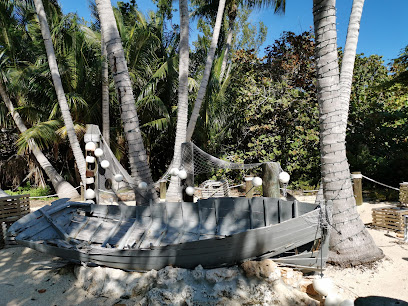
Big Cypress National Preserve
Experience the diverse ecosystems and breathtaking landscapes of Big Cypress National Preserve, a nature lover's dream in Florida.
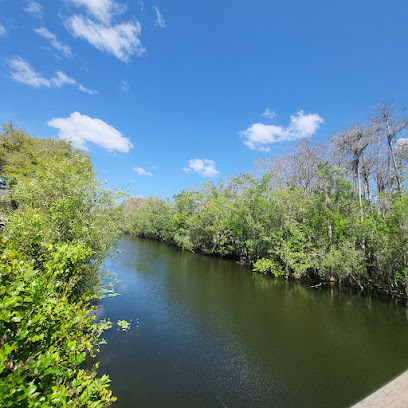
Florida Caverns State Park
Explore the breathtaking limestone caverns and lush landscapes of Florida Caverns State Park, a unique adventure for nature lovers and outdoor enthusiasts.
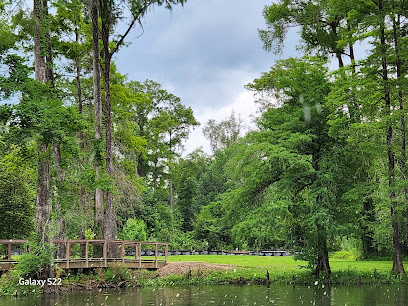
Wooten's Everglades Airboat Tours
Experience the thrill of Wooten's Everglades Airboat Tours and immerse yourself in Florida's unique ecosystem, rich with wildlife and adventure.
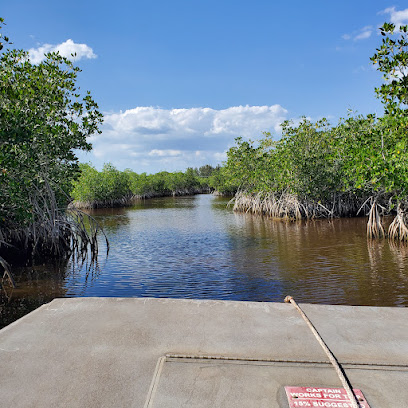
Captain Jack's Airboat Tours
Experience thrilling airboat adventures through the Everglades at Captain Jack's Airboat Tours—where nature and excitement collide.
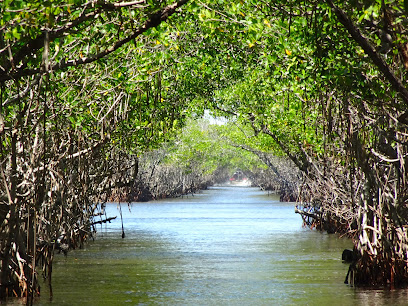
Animal Sanctuary & Alligator Park
Discover the enchanting wildlife and thrilling airboat tours at Wooten's Everglades Animal Sanctuary & Alligator Park in Florida's stunning Everglades region.
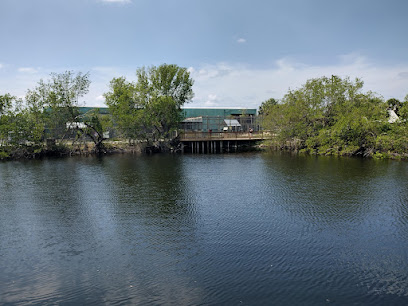
Pure Florida
Discover Naples' pristine waters with Pure Florida, offering boat rentals, scenic tours, and thrilling fishing charters for all ages.
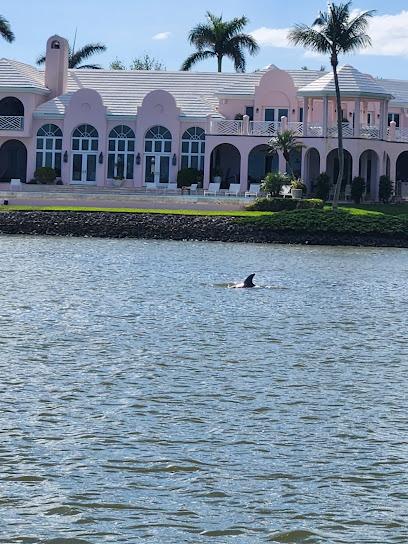
Collier-Seminole State Park
Experience the natural wonders of Collier-Seminole State Park, a captivating destination filled with diverse ecosystems, wildlife, and outdoor adventures.
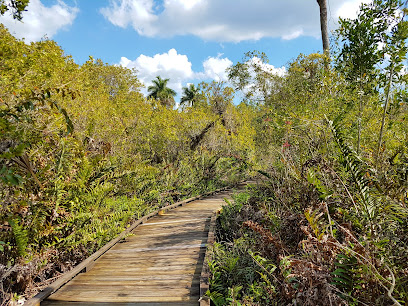
Nathaniel P. Reed Visitor Center
Discover the beauty of Big Cypress National Preserve at the Nathaniel P. Reed Visitor Center, your gateway to Florida's stunning ecosystems and wildlife.
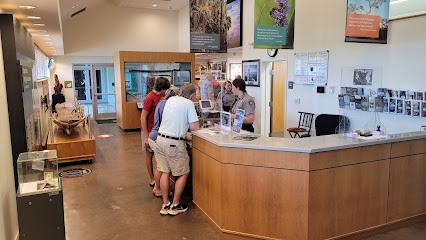
Nathaniel P. Reed Visitor Center
Discover the beauty of Big Cypress National Preserve at the Nathaniel P. Reed Visitor Center, your gateway to exploring nature's wonders.
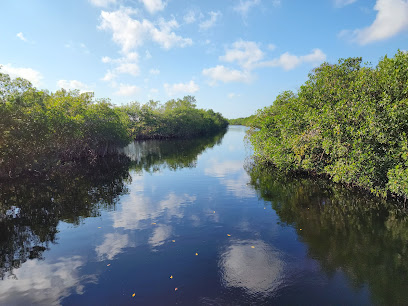
Bald Point State Park
Discover the enchanting beauty of Bald Point State Park, where pristine beaches and diverse ecosystems create the perfect outdoor adventure in Florida.
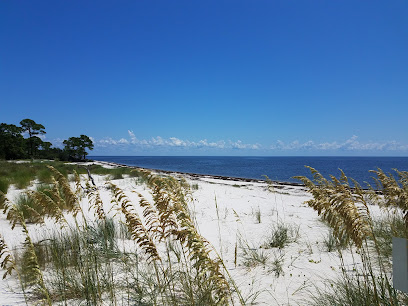
Capt Mitchs Everglades private Airboat Tours
Experience the thrill of Capt Mitch's Everglades Airboat Tours, where adventure meets the wild beauty of Florida's wetlands in an unforgettable journey.
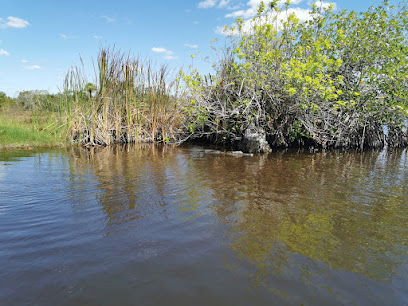
Jungle Erv's Airboat Tours (Mangrove Tunnel)
Discover the wonders of the Everglades with Jungle Erv's Airboat Tours, where thrilling adventures meet breathtaking natural beauty.
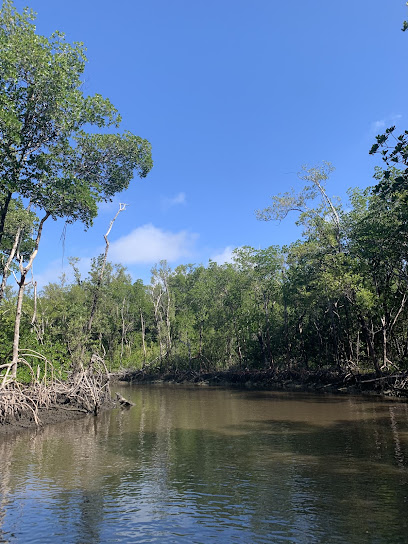
Smallwood Store
Explore Smallwood Store in Chokoloskee, Florida: A historical landmark blending culture, gifts, and local heritage in a charming setting.
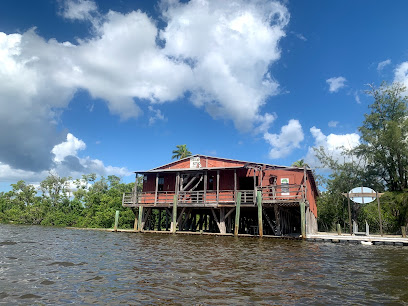
Ankrolab Brewing Company
Discover the vibrant craft beer scene at Ankrolab Brewing Company in Naples, Florida, where local flavors and creativity come together in every pint.
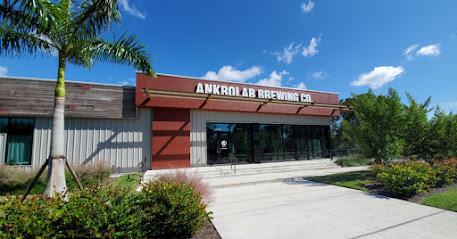
Markets, malls and hidden boutiques
Mercato
Explore Mercato, Naples' premier shopping and dining destination, offering unique shops, diverse restaurants, and engaging entertainment.
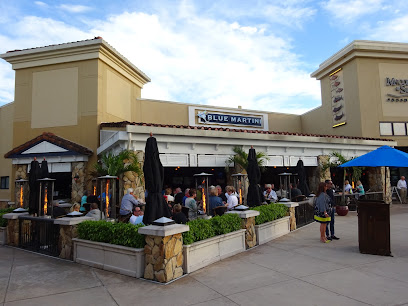
Waterside Shops
Explore luxury shopping, exquisite dining, and stunning waterfront views at the premier shopping destination, Waterside Shops in Naples, Florida.
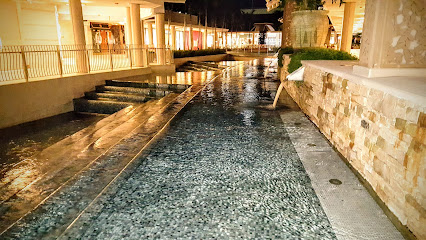
The Village Shops on Venetian Bay
Experience luxury shopping and exquisite dining at The Village Shops on Venetian Bay, where style meets the stunning waterfront in Naples, Florida.
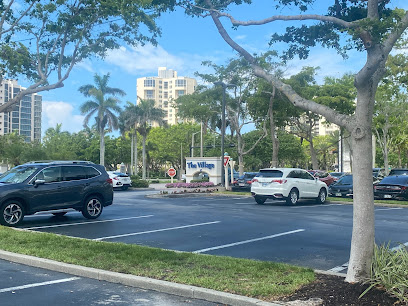
Jack and Jill Adult
Explore a vibrant selection of adult novelties and lingerie at Jack and Jill Adult, Naples' premier novelty store for open-minded shoppers.

Promenade At Bonita Bay
Explore Promenade At Bonita Bay, a premier shopping and dining destination in Bonita Springs, Florida, perfect for leisure and enjoyment.
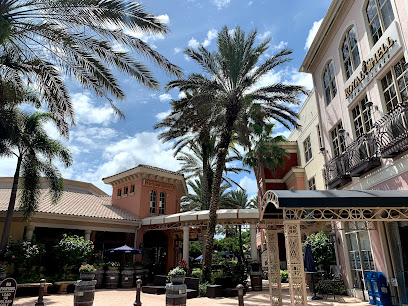
Fakahatchee Strand Preserve State Park
Discover the breathtaking wilderness of Fakahatchee Strand Preserve State Park, where rich ecosystems and diverse wildlife await exploration in Florida's natural paradise.
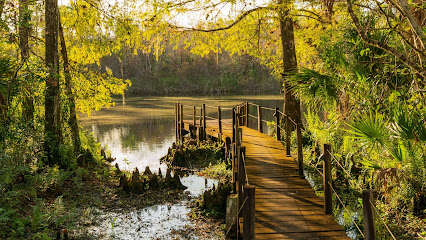
Smallwood Store
Explore the history and unique gifts of Smallwood Store in Chokoloskee, Florida, a captivating blend of shopping and local heritage.
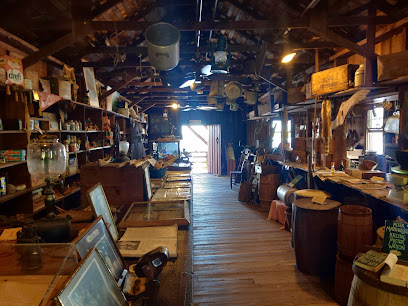
The Fresh Market
Discover a culinary treasure in Naples at The Fresh Market, your go-to destination for gourmet foods and fresh local produce.
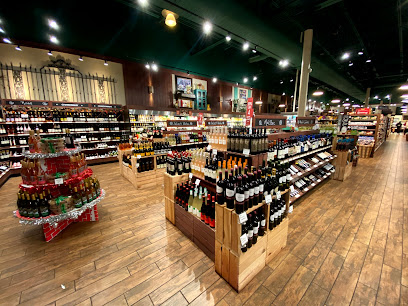
The Treasure Chest
Explore The Treasure Chest in Naples, FL for a unique blend of vaporizers and ciders in a vibrant, welcoming atmosphere.
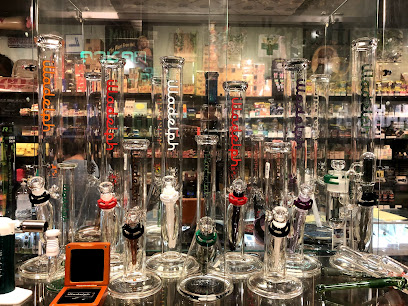
Best of Everything
Explore Best of Everything in Naples, a unique gift shop offering fashion accessories, jewelry, and delightful treasures reflecting the charm of Old Naples.
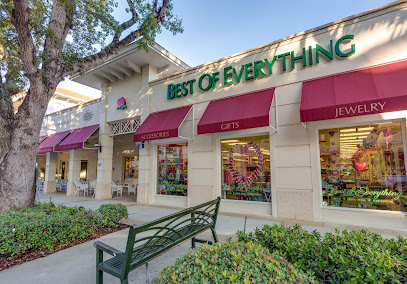
bealls
Discover Bealls on Marco Island - your go-to destination for affordable family fashion, stylish accessories, and unique home goods.

Five Below
Discover a world of fun and affordable treasures at Five Below in Naples, Florida, where everything is five dollars or less, perfect for all ages!
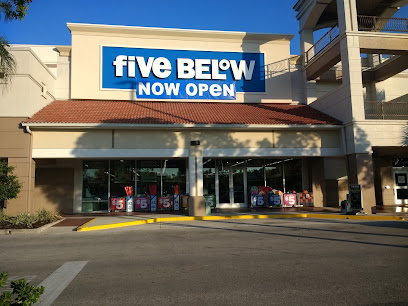
Super Anime Store - Naples
Explore Super Anime Store in Naples, a vibrant haven for anime enthusiasts with action figures, collectibles, and community events for fans of all ages.
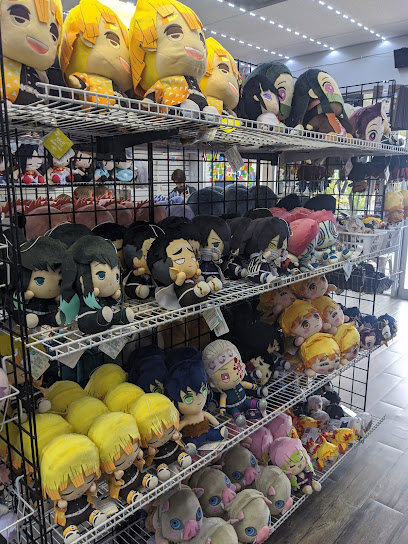
Alvin's Island - Naples #754
Discover Alvin's Island: Your one-stop shop for beachwear, toys, and unique souvenirs in Naples, Florida.
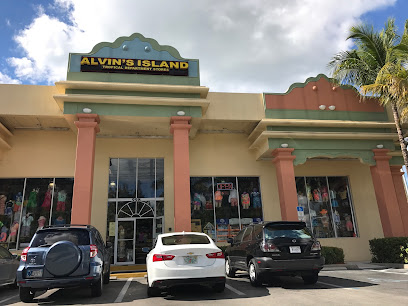
Victoria's Place
Explore Victoria's Place in Bonita Springs, Florida, for unique gifts, stylish clothing, and exceptional accessories that capture the local charm.
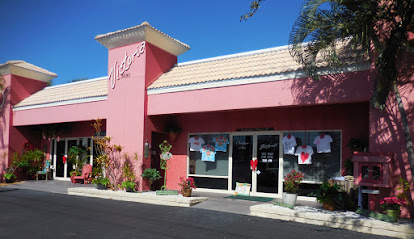
Essential bars & hidden hideouts
Chili's Grill & Bar
Experience the vibrant flavors of Chili's Grill & Bar in South Naples, where American classics meet Tex-Mex delights in a fun, family-friendly setting.
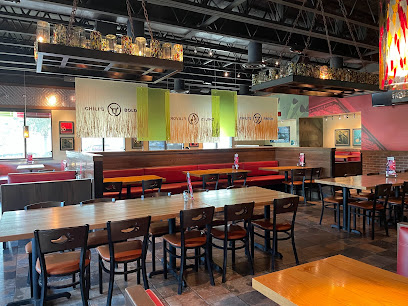
Island Cafe
Discover the charm of Island Cafe in Everglades City, where breakfast dreams come true with delicious dishes and friendly service.
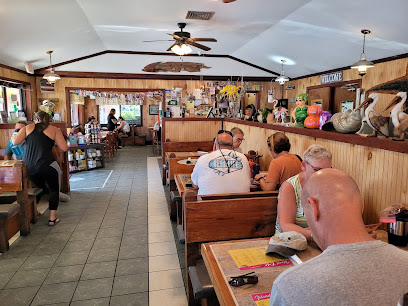
Camellia Street Grill
Experience the best of Florida's seafood at Camellia Street Grill, where fresh flavors meet stunning views in Everglades City.
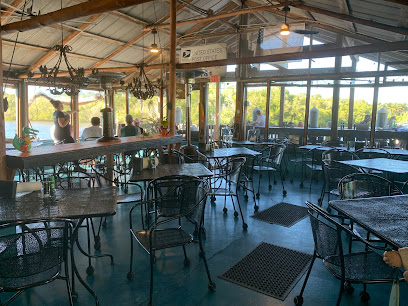
HavAnnA Cafe
Experience the vibrant culinary fusion of Cuban, American, Caribbean, and seafood delights at HavAnnA Cafe in Chokoloskee, Florida.
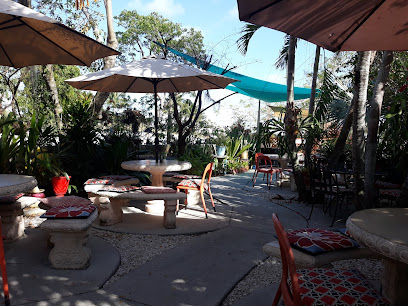
City Seafood
Experience the freshest seafood in Everglades City at City Seafood, where local flavors and warm hospitality meet.
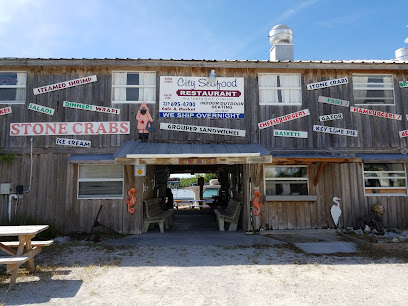
Off The Rock Tavern
Experience the ultimate sports bar vibe at Off The Rock Tavern in Naples, offering delicious American cuisine and a vibrant atmosphere for all.
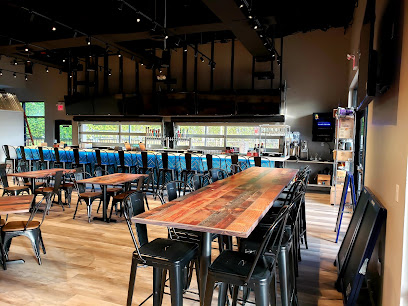
Everglades Rod & Gun Club
Discover a culinary gem in the heart of the Everglades at the historic Rod & Gun Club, where nature meets exquisite dining.

Gator's Crossroad
Experience the best of local flavors at Gator's Crossroad, a must-visit grill in Naples, Florida, offering delicious food and a welcoming atmosphere.
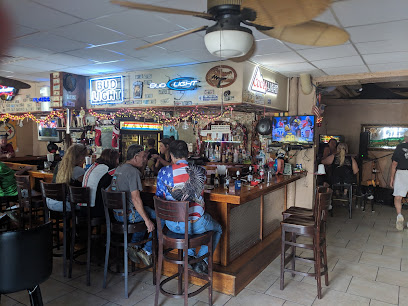
Captain Morgan's Seafood Grill Corp
Discover the vibrant flavors of seafood and Cuban cuisine at Captain Morgan's Seafood Grill in Everglades City, a family-friendly dining experience.
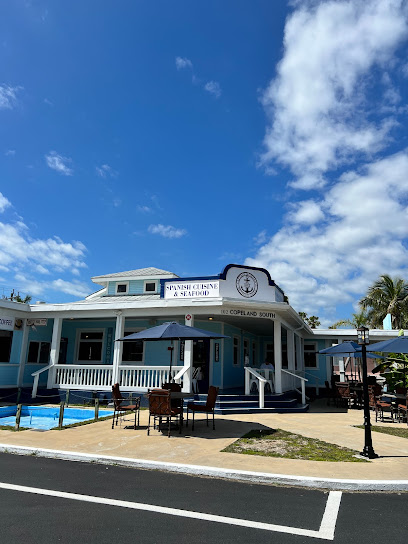
Saki Japanese Kitchen
Discover the authentic taste of Japan at Saki Japanese Kitchen, Naples' premier sushi destination, offering fresh flavors and a warm ambiance.
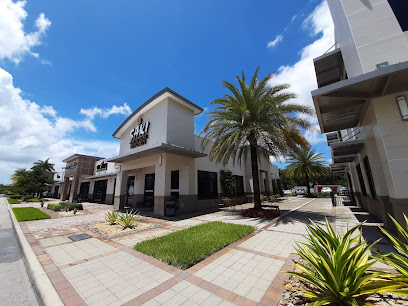
The Diving Pelican Restaurant & Bar
Experience the best of Everglades City dining at The Diving Pelican Restaurant & Bar, where fresh seafood meets stunning views.
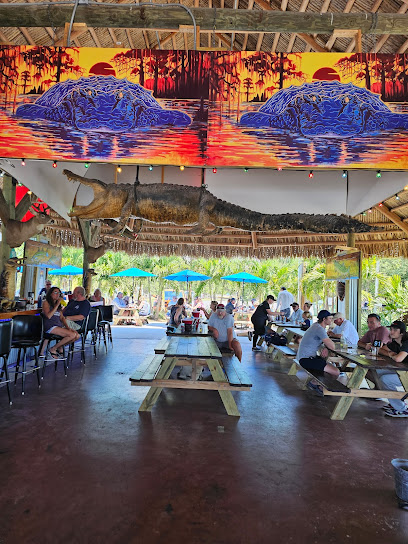
Wildman's pizza, pasta and pythons
Discover Wildman's Pizza, Pasta, and Pythons in Everglades City for a unique dining experience blending delicious cuisine and intriguing wildlife encounters.
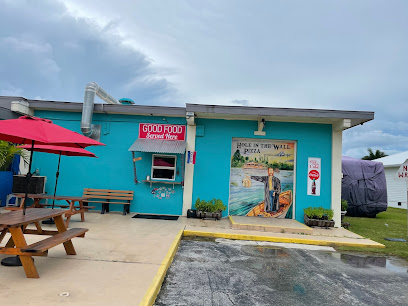
Everglades Fishing Co
Experience the ultimate fishing adventure and savor delicious seafood at Everglades Fishing Co, your gateway to the Everglades.
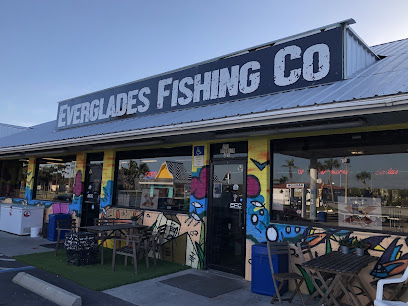
Nely's Corner
Experience the flavors of Everglades City at Nely's Corner, where fresh ingredients meet local culinary traditions in a cozy atmosphere.
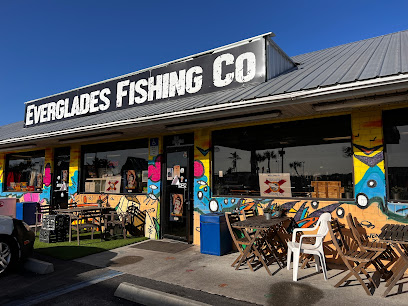
Cafe Verona
Discover the flavors of Italy at Cafe Verona, a cozy bistro in Naples offering a delightful menu and welcoming ambiance.
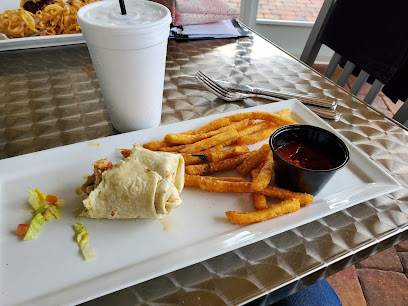
Local Phrases about Fakahatchee Strand Preserve State Park
-
- HelloHowdy
[HOU-dee] - GoodbyeSee ya later
[SEE yuh LAY-tuh] - YesYa
[YAH] - NoNah
[NAH] - Please/You're welcomePlease/No problem
[PLEEZ/NOH PROB-lem] - Thank youThanks a bunch
[THANKS uh BUN-ch] - Excuse me/SorryPardon me/My bad
[PAR-dun mee/MAI bad] - How are you?How y'all doin'?
[HOU y'all DOO-in] - Fine. And you?Jus' fine. How 'bout you?
[JUS fine. HOU 'bout yuh] - Do you speak English?Y'all speak English?
[Y'all speak ING-lish] - I don't understandI ain't catchin' on
[AI-ynt KATCH-in on]
- HelloHowdy
-
- I'd like to see the menu, pleaseCan I see the grub list?
[KAN ai see the GRUB list] - I don't eat meatI don't do no meat
[AI don't doh no meat] - Cheers!Bottoms up!
[BAA-tums upp] - I would like to pay, pleaseI reckon I'll settle up now
[AI REK-un aiyull SET-ul up now]
- I'd like to see the menu, pleaseCan I see the grub list?
-
- Help!Git over here!
[GIT OH-ver here] - Go away!Skedaddle!
[skuh-DAD-ul] - Call the Police!Get the Sheriff!
[GET the SHER-iff] - Call a doctor!Send for Doc!
[SEND for DOK] - I'm lostDone gone astray
[DONE gone uh-STRAY] - I'm illI'm feelin' poorly
[AI'm FEEL-in POOR-lee]
- Help!Git over here!
-
- I'd like to buy...I'm fixin' to purchase...
[AI'm FIX-in to PUR-chase] - I'm just lookingI'm just browsin'
[AI'm just BROW-sin] - How much is it?What's the damage?
[WHATZ the DAM-ij] - That's too expensiveThat's a mite pricey
[THATZ a MITE PRY-see] - Can you lower the price?Can ya knock a bit off?
[CAN yuh NOK uh bit OFF]
- I'd like to buy...I'm fixin' to purchase...
-
- What time is it?What's the time o' day?
[WHATZ the TIME uh DAY] - It's one o'clockIt's one on the nose
[ITZ one on the NOHZ] - Half past (10)Ten-thirty
[TEN-THUR-tee] - MorningMornin'
[MORN-in] - AfternoonAfternoon
[AF-tur-NOON] - EveningEvenin'
[EVE-nin] - YesterdayYest'day
[YES-t'day] - TodayToday
[tuh-DAY] - TomorrowTomorra
[tuh-MOR-uh] - 1One
[WUN] - 2Two
[TOO] - 3Three
[THREE] - 4Four
[FOR] - 5Five
[FIVE] - 6Six
[SIX] - 7Seven
[SEV-en] - 8Eight
[AYT] - 9Nine
[NINE] - 10Ten
[TEN]
- What time is it?What's the time o' day?
-
- Where's a/the...?Where's the...
[WHEREZ the] - What's the address?Where 'bouts is it?
[WHERE 'bouts is it] - Can you show me (on the map)?Can ya point it out?
[CAN yuh POINT it out] - When's the next (bus)?When's the next one comin'?
[WHENS the NEXT one COM-in] - A ticket (to ....)A pass (to ...)
[uh PASS (tuh)]
- Where's a/the...?Where's the...
History of Fakahatchee Strand Preserve State Park
-
Long before the modern era, the land that is now Fakahatchee Strand Preserve State Park was inhabited by Native American tribes such as the Calusa. The Calusa were known for their complex society and engineering prowess, including the construction of canals and shell mounds. The area provided them with rich resources, including fish, shellfish, and other wildlife, which were crucial for their sustenance and culture.
-
In the 16th century, Spanish explorers arrived in Florida, marking the beginning of European interest in the region. Though the harsh environment of the Everglades made permanent settlements difficult, explorers like Hernando de Escalante Fontaneda documented their encounters with the indigenous tribes and the unique landscape of the Fakahatchee Strand.
-
The early 20th century brought significant change to Fakahatchee Strand as logging companies moved in to harvest its valuable cypress trees. The logging industry left a substantial impact on the landscape, with railroads and canals being constructed to transport timber. By the late 1950s, the logging operations had ceased, but not before altering the ecosystem significantly.
-
The environmental movement of the 1960s and 1970s sparked interest in preserving the remaining natural landscapes of Florida. Fakahatchee Strand Preserve State Park was officially established in 1974 to protect its unique ecosystems, including the rare and endangered orchids and bromeliads that thrive in the swamp. Conservation efforts have focused on restoring the natural water flow and habitats that were disrupted by previous human activities.
-
Fakahatchee Strand holds a special place in Floridian culture, often referred to as the 'Amazon of North America' due to its biodiversity. The park is a living museum of natural history, attracting botanists, biologists, and nature enthusiasts from around the world. Its role in popular culture was further cemented by the book and film 'The Orchid Thief,' which highlighted the park's enigmatic beauty and the allure of its rare plant species.
Fakahatchee Strand Preserve State Park Essentials
-
Fakahatchee Strand Preserve State Park is located in the southwestern part of Florida. The nearest major airport is Southwest Florida International Airport (RSW) in Fort Myers, about 60 miles north of the park. From the airport, you can rent a car and drive south on Interstate 75, taking Exit 80 to reach the park. Alternatively, you can fly into Miami International Airport (MIA), which is approximately 90 miles east of the park. From Miami, take U.S. Highway 41 (Tamiami Trail) westbound to reach the preserve.
-
The most convenient way to explore Fakahatchee Strand Preserve State Park is by car. There are no public transportation options directly to the park, so renting a car is recommended. Once inside the park, you can explore the area via the main park roadways, and there are parking areas at key points of interest. Bicycles are also allowed on designated trails and roadways within the park. For those interested in guided tours, there are local tour operators offering swamp buggy tours, tram tours, and guided hikes.
-
The official currency in the United States is the U.S. Dollar (USD). Credit and debit cards are widely accepted, including at park entrances, visitor centers, and local businesses. It is advisable to carry some cash for smaller purchases or in case you encounter a vendor that does not accept cards. ATMs are available in nearby towns such as Everglades City and Marco Island.
-
Fakahatchee Strand Preserve State Park is generally safe for visitors. However, always be aware of your surroundings, especially in remote areas. Wildlife, including alligators and snakes, can be encountered—keep a safe distance and never feed or approach them. Crime rates in the park and surrounding areas are low, but it's always good practice to keep valuables secure and locked in your vehicle. Avoid hiking alone and inform someone of your plans if you go on a longer trail.
-
In case of emergency, dial 911 for immediate assistance. The closest medical facilities are in Everglades City and Naples. It is wise to carry a basic first aid kit and any essential medications. Rangers patrol the park and can provide assistance if needed. Visitor centers also have emergency contact information and can help in case of minor issues.
-
Fashion: Do wear lightweight, breathable clothing and sturdy hiking shoes or boots. Bring insect repellent and sun protection. Avoid wearing open-toed shoes due to the terrain and wildlife. Religion: There are no specific religious customs to be aware of in the park. Public Transport: As there is no public transport within the park, plan to drive or bike. Greetings: Standard American greetings like a handshake or a simple 'hello' are appropriate. Eating & Drinking: Do bring your own food and water, as there are limited facilities within the park. Carry all trash out with you and use designated picnic areas.
-
To experience Fakahatchee Strand Preserve State Park like a local, consider visiting during the early morning or late afternoon to avoid the midday heat and see wildlife at their most active. Participate in a guided swamp walk or tram tour to learn about the unique ecosystem from knowledgeable guides. Don't miss the Big Cypress Bend Boardwalk, which offers an easy walk through old-growth cypress forest. Also, check out the nearby historic Smallwood Store in Chokoloskee for a glimpse into the area's past.
Nearby Cities to Fakahatchee Strand Preserve State Park
-
Things To Do in Fort Myers
-
Things To Do in Homestead
-
Things To Do in Miami
-
Things To Do in Fort Lauderdale
-
Things To Do in Key Largo
-
Things To Do in Sebring
-
Things To Do in Key West
-
Things To Do in Stuart
-
Things To Do in Sarasota
-
Things To Do in Ft. Pierce
-
Things To Do in Bimini
-
Things To Do in St. Petersburg
-
Things To Do in Tampa
-
Things To Do in Clearwater
-
Things To Do in Orlando








